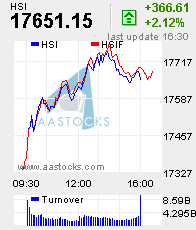USA Columbia's Phelps Wins Nobel Prize in Economics
 Edmund S. Phelps, the professor at Columbia University in New York, won the 2006 Nobel Prize in Economic sciences for his theories on the interaction between inflation expectations and unemployment.
Edmund S. Phelps, the professor at Columbia University in New York, won the 2006 Nobel Prize in Economic sciences for his theories on the interaction between inflation expectations and unemployment.Phelps's work in the 1960s built on earlier theories, known as the Phillips’ curve, showing that the increase in wage rate accelerates as unemployment rate drops as it seems a tradeoff between inflation and real economic growth. Statistically, there is a 'natural' rate of unemployment, and below which inflation spirals are likely to intensify. 'Phelps studies Phillips’-- how a coincidence!
His theories led to increase our understanding of economic goal conflicts and intertemporal tradeoffs as well as alert against the inflation at various major central banks.
The relationship between employment and inflation rates is less straightforward than was previously assumed. It certainly changed thinking about inflation and unemployment. Moreover, it must have had significant effect on thinking about the benefits and costs of various government policies. Thanks to Edmund S. Phelps indeed.
The government policy leading to a bubble booming of economy, which is steamed by just banknote-printing and extremely low interest rate policy, can never fool the people again --- especially in the scenario today of finger-tip access to information through the net. The temporal difference is getting narrower and narrower. The implication is that unemployment rates can't be adjusted by simply manipulating inflation rates.
by tcwong© http://wongtc.blogspot.com/
http://www.columbia.edu/~esp2/
http://nobelprize.org/nobel_prizes/economics/laureates/2006/index.html











0 Comments:
發佈留言
<< Home